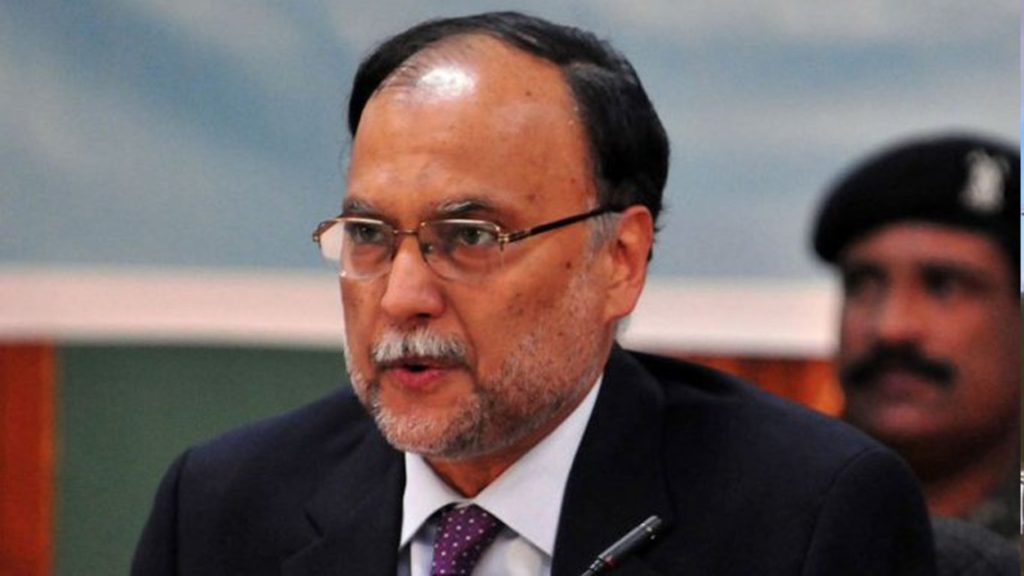Ahsan Iqbal, the Minister for Planning Development and Special Initiatives, firmly denied the unfavorable portrayal of China’s Belt and Road Initiative (BRI) and rejected the idea that it constitutes a ‘debt trap’.
Speaking to international media representatives in Islamabad, he said that stories of the initiative being a ‘debt trap’ are simply “concocted to spread propaganda in global geopolitics of competition”.
“I don’t think it’s a ‘debt trap’ as I believe it’s a fact trap to distort the spirit of BRI,” the minister stated, adding that wherever the BRI has gone, the local people can testify to its positive impact. He also praised China for extending the BRI to Pakistan in the shape of the China-Pakistan Economic Corridor (CPEC), which has given Pakistan a great opportunity in areas such as energy, infrastructure, telecommunication, and industrial cooperation.
“Gwadar Port City is set to become a major trade and commerce hub in the region with its Free Zone and investment from Chinese companies,” explained Iqbal. He highlighted the strategic location and potential for trade in Gwadar, stating that goods could be shipped to China through Gwadar in almost one-tenth distance from the South China Sea. He also emphasised that the government’s top priority is to attract more private sector investment in Pakistan, particularly in the mining sector which holds tremendous potential for value addition and development.
“As the year 2023 marks the decade of CPEC and the strong partnership between Pakistan and China, both countries will be celebrating 10 Years of the BRI and CPEC on July 5, 2023,” he said, adding that in line with this milestone, high-level Chinese delegations are scheduled to visit Pakistan to witness the achievements made since the inception of CPEC.





